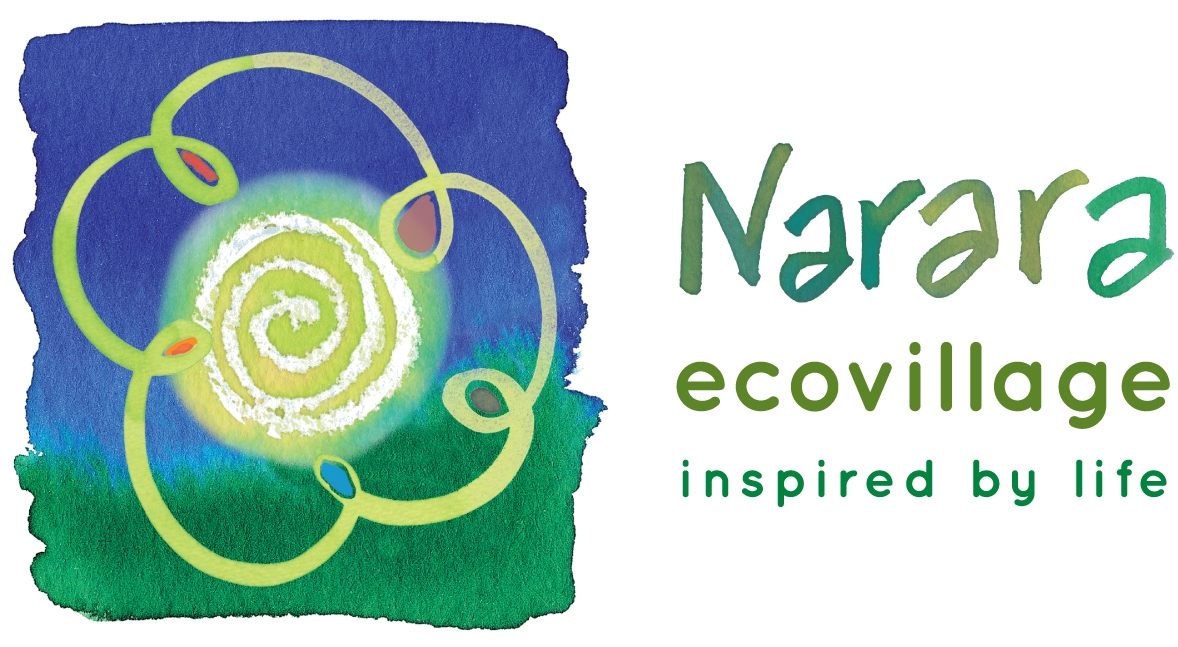Rosemary Leonard
Narara Ecovillage (NEV) is a living experiment in how people can work together at the local level to create a thriving community. NEV members know we need to explore new ways not only of regenerating the environment and our communities but also our economic systems – because they all work together. One of the most exciting aspects of ecovillage life is that we can see the way all three elements work together.
At the November 2021 New Economies Network Australia (NENA) conference, Narara Ecovillage research group leader Professor Rosemary Leonard, aided by her PhD student Paulo Goncalves de Oliveira, presented a paper about our new study, ‘Plotting Our Progress‘.
The study examines projects initiated by the Community, Land, and Business Circles to identify the extent to which they address their stated aims and other goals, and achieve an integrated contribution to wellbeing.
The study then evaluates these projects against the Global Ecovillage Network (GEN) community sustainability assessment tasks and impacts, United Nations Sustainable Development Goals (UN SDGs) and One Planet Living goals.
Although the study is still in its early stages there have been some pleasing insights. As shown in Figure 1, we found the beginnings of a circular economy in the relationships among three food production projects. This reflected the importance of identifying the inter-connections among projects in our evaluations.
We also found that the three evaluation systems gave similar results in some ways but are not equally useful. The One Planet Living Goals were appropriate and concise. The GEN tasks covered a wealth of information about our projects and the GEN impact assessment identified current gaps and next steps for our development. The UN STGs provided less information and were not so appropriate for ecovillages; however, they will probably be useful for comparisons with other places.
The study will continue this year and hopefully provide further insights and a baseline for future evaluations of our development.
Full paper available on request

